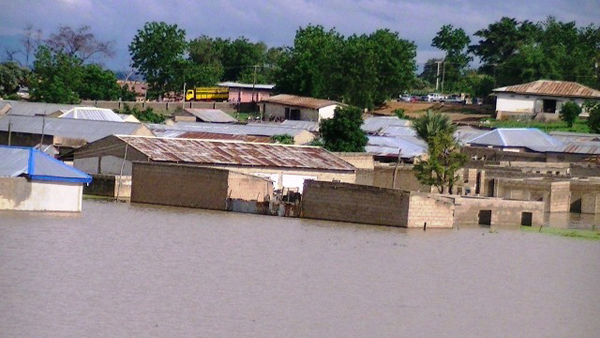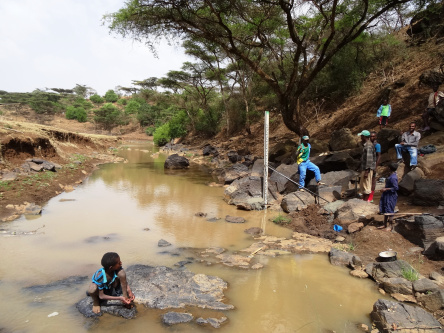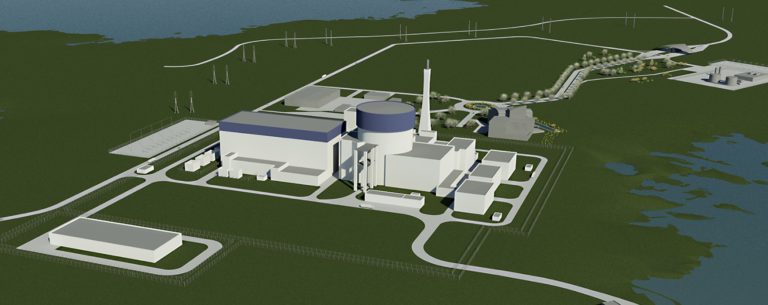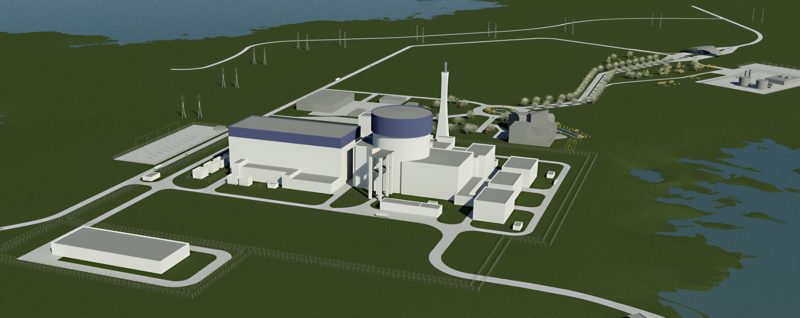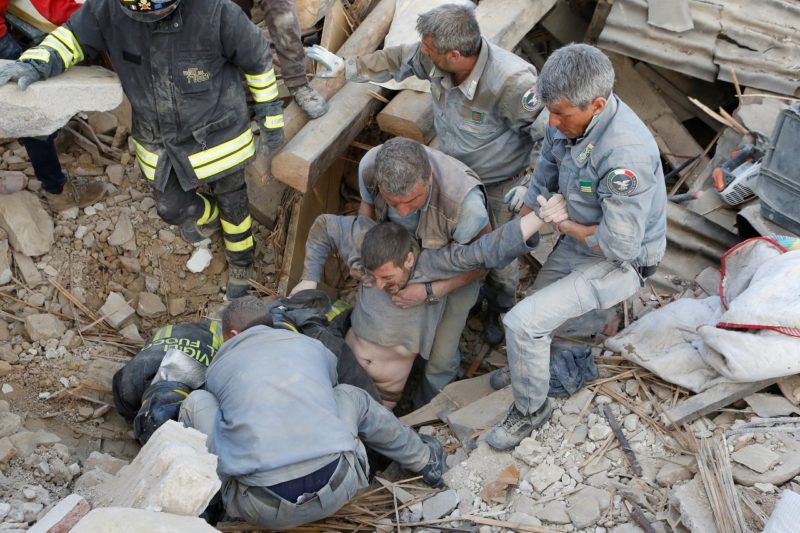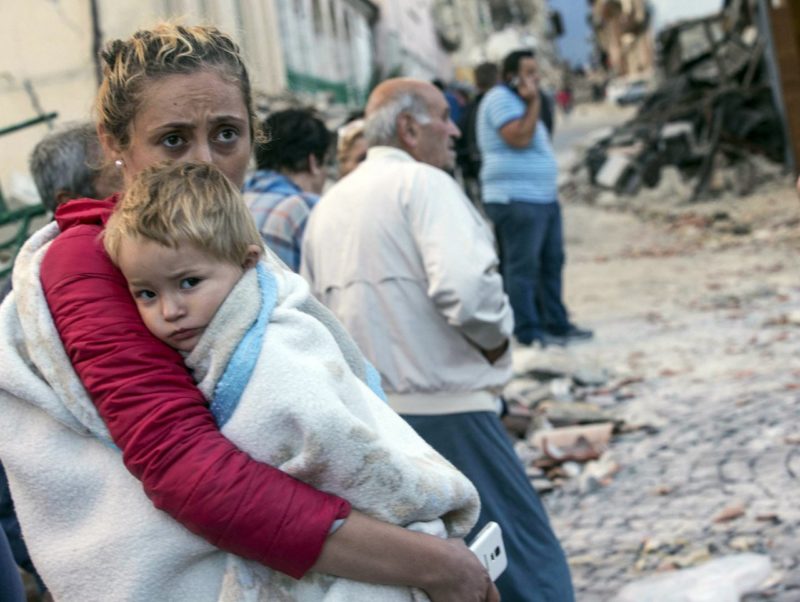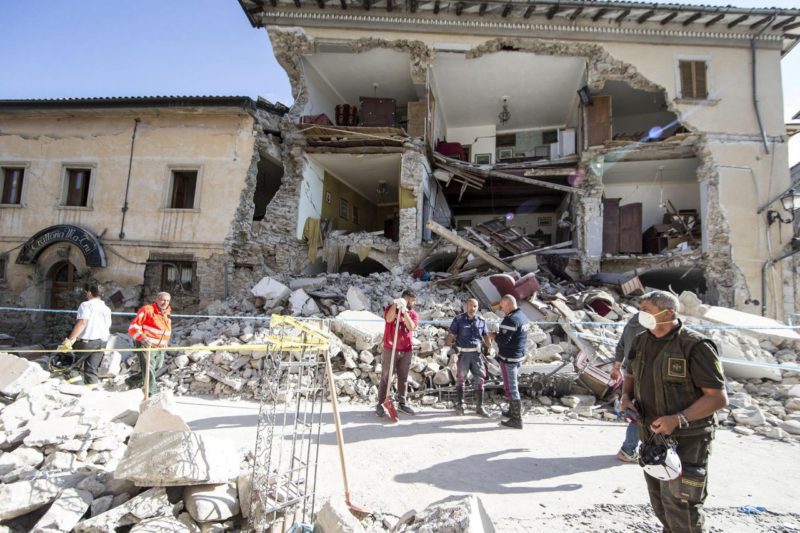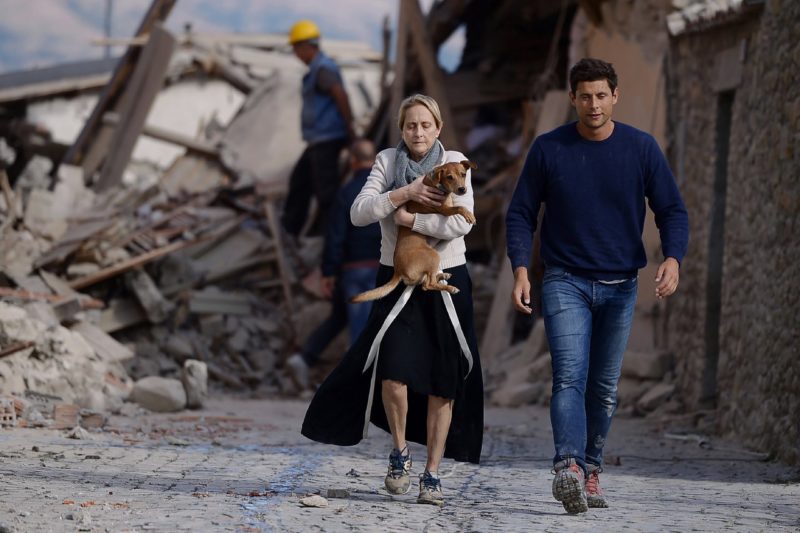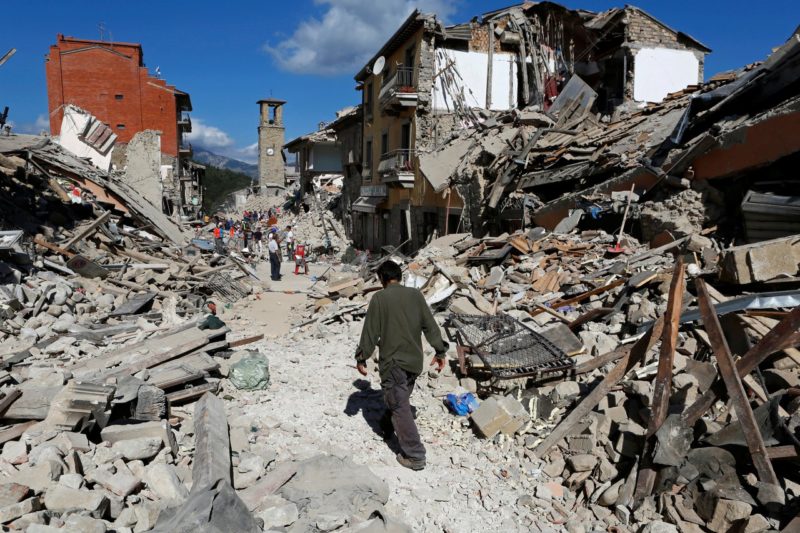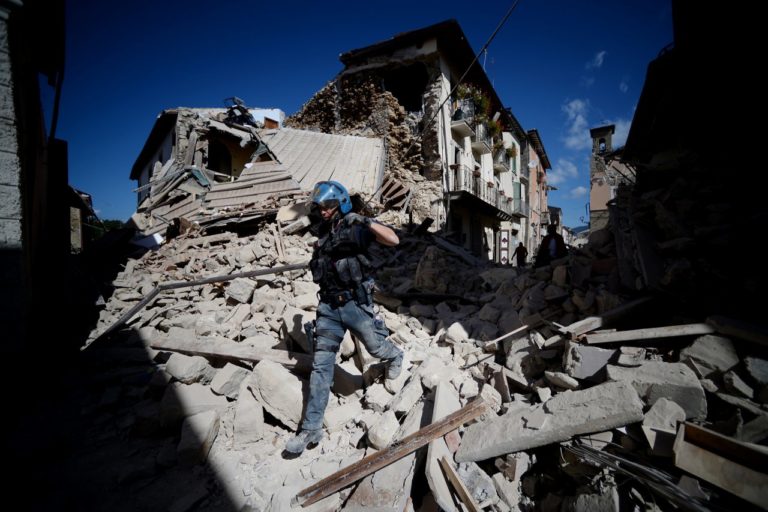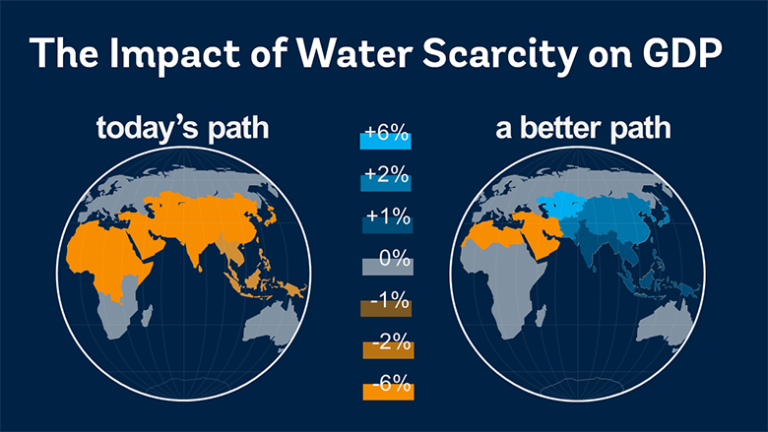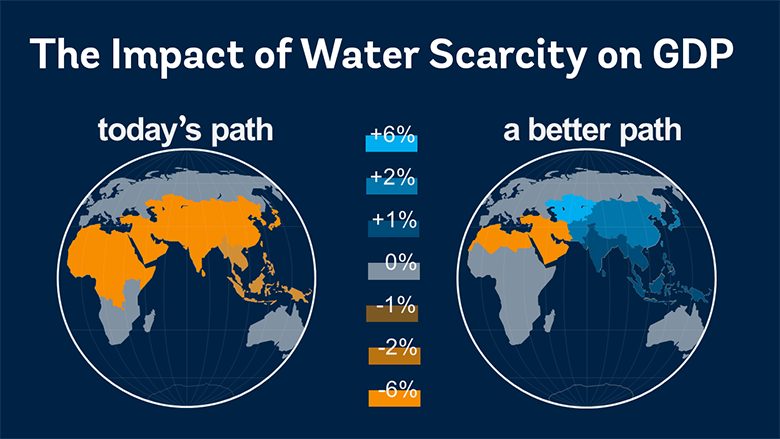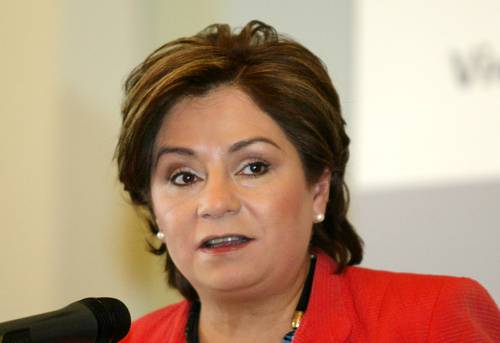As leaders of the world’s largest economies prepare to attend the upcoming G20 meeting in Hangzhou, China, 130 investors with over $13 trillion in assets under management (AUM) have written to the G20 Heads of State, urging them to ratify the Paris Climate Change Agreement this year.

The investors, from a coalition of six organisations, have also called on G20 nations to double global investment in clean energy, tighten up climate disclosure mandates, develop carbon pricing and phase out fossil fuel subsidies.
The letter reads in part:
“The Paris Agreement on climate change provides a clear signal to investors that the transition to the low-carbon, clean energy economy is inevitable and already underway.
Governments have a responsibility to work with the private sector to ensure that this transition happens fast enough to catalyse the significant investment required to achieve the Paris Agreement’s goals including:
- Holding the increase in the global average temperature to well below 2°C above pre-industrial levels, and pursuing efforts to limit the temperature increase to 1.5°C above pre-industrial levels, and
- Achieving net zero greenhouse gas emissions (“a balance between anthropogenic emissions by sources and removals by sinks of GHGs”) in the second half of the century.”
The six organisations co-sponsoring the letter are: IIGCC – Europe’s Institutional Investors Group on Climate Change; Ceres/INCR – the North American Investor Network on Climate Risk; IGCC – the Australia/New Zealand Investor Group on Climate Change; AIGCC – the Asia Investor Group on Climate Change; CDP and PRI.
Commenting on the letter, Stephanie Pfeifer, CEO of the Institutional Investors Group on Climate Change (IIGCC), said: “The Paris Agreement provides a clear signal to investors that the transition to the low-carbon, clean energy economy is inevitable and already underway. Governments must ratify the Paris agreement swiftly and have a responsibility to implement policies that drive better disclosure of climate risk, curb fossil fuel subsidies and put in place strong pricing signals sufficient to catalyse the significant private sector investment in low carbon solutions required to realise the agreement’s goals.”
Investors also called on the G20 leaders to prioritise rulemaking by national financial regulators to require disclosure of “material” climate risks.
Commenting on this, Mindy Lubber, President of the US NGO Ceres and Director of the Investor Network on Climate Risk (INCR), said: “Financial regulators, like the SEC, should step up attention to improve the quality of corporate climate disclosures, which are broadly lagging when considering wide-ranging and escalating climate risks. Improving the quality of climate-related financial disclosure, and aligning it between different jurisdictions, is vital to spurring broad capital market action on this issue. Our organisations are fully engaged with the Financial Stability Board’s Task Force on Climate-related Financial Disclosure (TCFD). We applaud this initiative and encourage G20 nations to consider the TCFD’s forthcoming recommendations as inputs to their national disclosure rules.”
Investors urged the G20 to support a doubling of global investment in clean energy by 2020, as called for by the UN Secretary-General in January 2016.
Speaking about this, Emma Herd, CEO of the Investor Group on Climate Change (IGCC), said: “While the private sector can provide much of this vital investment, policy signals must also support climate goals in the clearest possible manner. Maintaining strong growth in clean energy investment is key to tackling climate change. We strongly encourage G20 nations to ratify Paris and help drive trillions of dollars into new clean energy investment opportunities.”
The letter also welcomes the work of the G20 Green Finance Study Group, which aims to enhance the contribution of institutional investors to the greening of mainstream financial flows.
Fiona Reynolds, Managing Director of PRI, said, “Investors signing this letter understand that the study group’s conclusions will be presented at the G20 Leaders’ Summit in 2016. We therefore ask for the green finance agenda to be taken forward by the German and other future G20 presidencies. In order for green financing to reach its potential, the G20 must encourage the public and private sectors to work more closely together on issues such as stronger environmental protection and implementation of regulation. Incentives and policy frameworks must also be in place so that private capital flows more freely into green investments.”
Commenting further, Paul Simpson, CEO of CDP, added: “Investors also highlight the recommendations made to world leaders a year ago in the 2015 Global Investor Statement on Climate Change and renew their calls for the G20 to support both the development of carbon pricing and the prompt phase-out of fossil fuel subsidies.”
Finally, the investors, in the letter, urged the G20 to both prioritise implementation of their nationally determined contributions (NDCs) and to prepare to strengthen them with the goal of ensuring all G20 nations meet their commitments and raise their climate ambition during 2018 to achieve the Paris Agreement’s goals.

